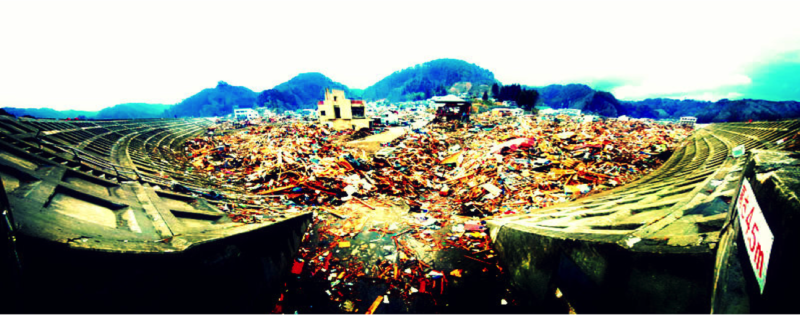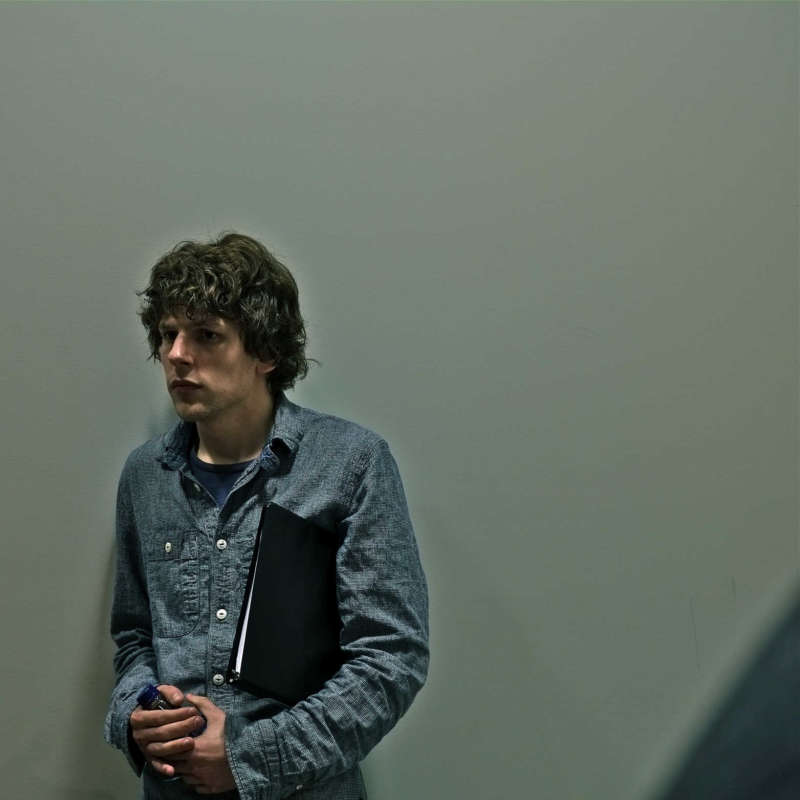Open to Public
Antigone in Ferguson, Normandy High School
Translated and Directed by Bryan Doerries
Music Composed By Phil Woodmore
Sat, Sep 17.2016
About the play
-
Antigone by Sophocles
Sophocles’ Antigone is an ancient play about a teenage girl who wishes to bury her brother, Polyneices, who recently died in a brutal civil war. Creon, the new, untested king, has ruled that Polyneices’ body must remain above the earth, and that anyone who breaks this law will be put to death. Antigone openly and intentionally defies his edict, covering her brother’s body with dirt and publicly declaring her allegiance to a higher law, one that transcends that of the state—the law of love. Creon is then forced, by his own political rhetoric, and the by fragile social order that he has barely begun to establish since the civil war, to make an example of his niece, by sentencing her to death. In the process of following through with his own decree, Creon loses everything. At its core, Antigone is a play about what happens when personal conviction and state law clash, raising the question: When everyone is right (or feels justified), how do we avert the violence that will inevitably take place?
Explore Projects
-
 Natural DisasterThe Tohoku Project
Natural DisasterThe Tohoku ProjectThe Tohoku Project: Sumidagawa presents powerful dramatic readings by professional actors of Sumidagawa, a Noh play from the early 15th Century that timelessly depicts the unique challenges faced by parents in the wake of unimaginable disaster. Each reading is followed by the responses of community panelists, culminating in a lively, facilitated audience discussion. This interactive event promotes healthy, constructive dialogue about the lasting impact of the Tohoku disaster upon individuals, families, and communities—fostering compassion, understanding, awareness, and positive action.
-
 Addiction & Substance AbuseThe Dionysus Project
Addiction & Substance AbuseThe Dionysus ProjectThe Dionysus Project is an innovative public health project that presents readings of scenes from Euripides' Bacchae, an ancient Greek play about the destructive power of intoxication, as a catalyst for town hall discussions about the impact of substance abuse and addiction upon individuals, families, and communities. The project uses an ancient Greek tragedy, written nearly 2500 years ago, to engage audiences in crucial discussions about the timelessness of the human struggle with substance abuse and addiction, as well as resources and solutions that communities can utilize today.
-
 RacismAntigone in Savannah
RacismAntigone in SavannahDramatic readings of Sophocles’ Antigone with live music to frame powerful dialogue about honoring the dead and healing historical wounds.